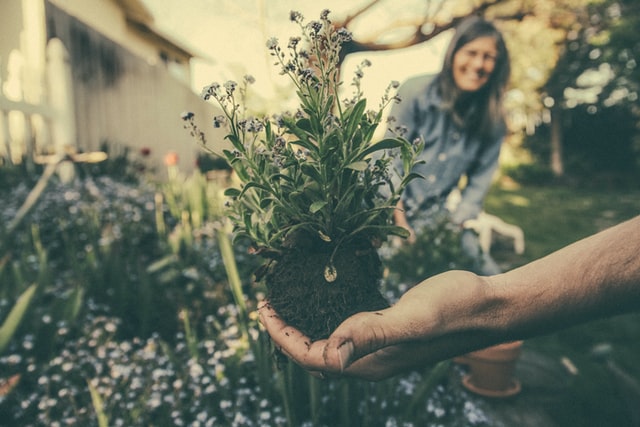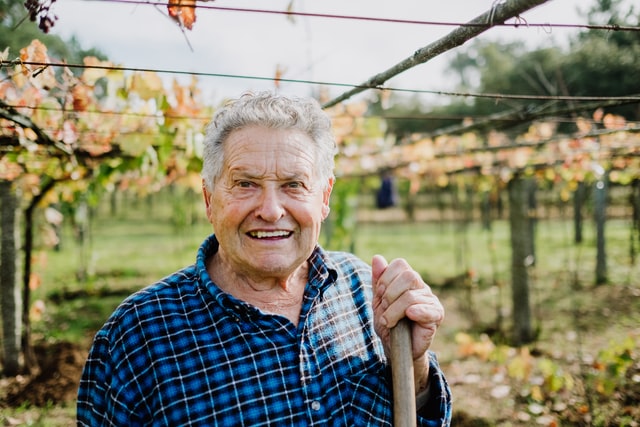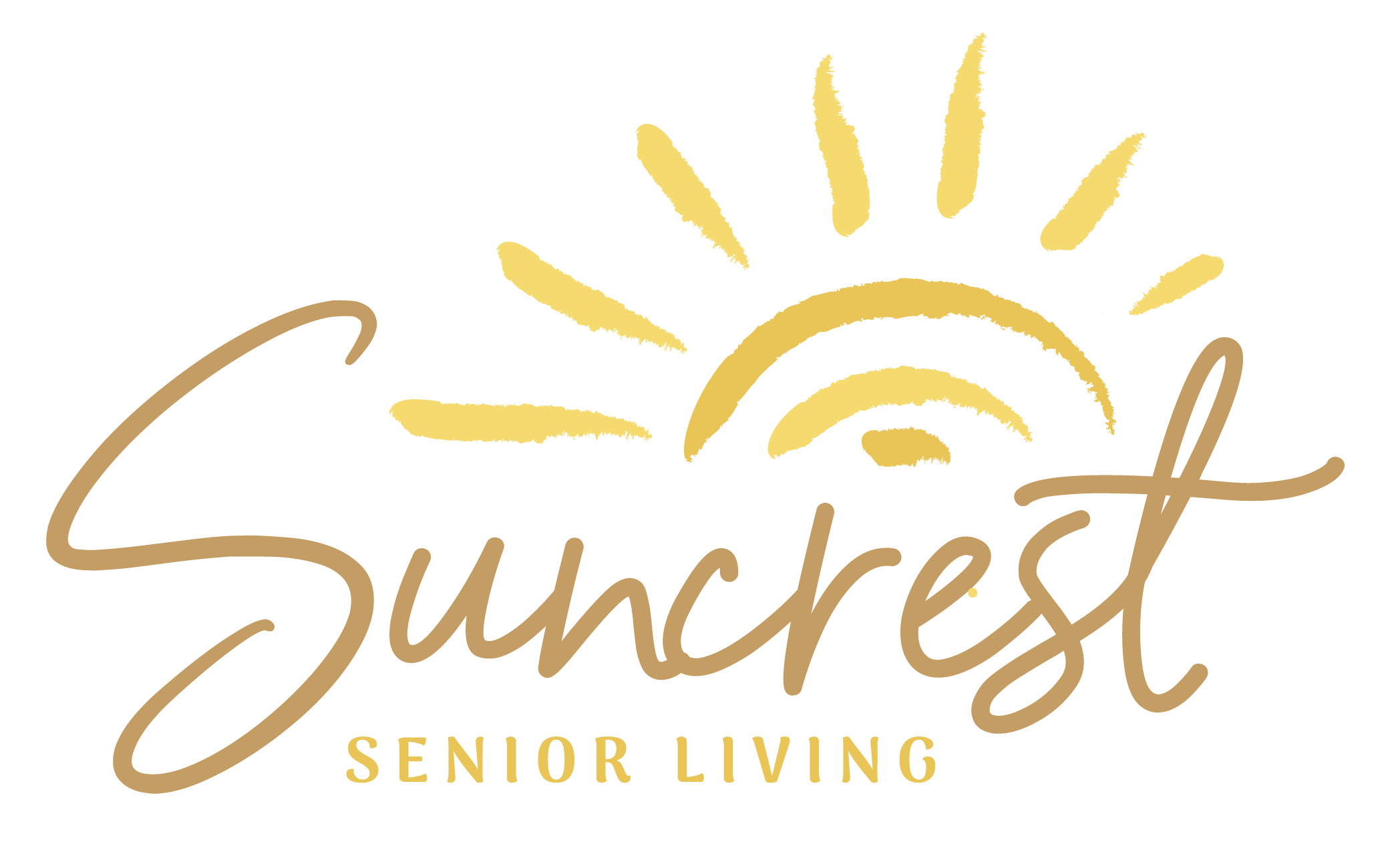Photo by Karolina Grabowska from Pexels
Being active and getting regular exercise is an important part of maintaining good health. If you are looking for an interesting way to stay active, you might consider giving gardening a try! It can pay off in more ways than one.
First Off, is Gardening Even Healthy for Seniors?
Yes gardening is good for seniors! Gardening is good for just about everybody and for so many reasons. Here are just a few of the ways gardening can help improve your health (www.webmd.com):
- Vitamin D exposure
- Reduces stress
- Builds confidence
- Breathing fresh air
- Creates opportunity to socialize
- Fresh veggies, herbs, and fruit
- Improves attention span, and helps seniors dealing with isolation and boredom
There is an amazing bounty of positive benefits for those who garden. There are even studies that show gardening can reduce the chances for dementia and can help stimulate and improve memory in old age (pubmed.ncbi.nlm.nih.gov).
The best benefit of all, is enjoying the rewards of the garden such as fresh flowers, vegetables, and herbs, which we all know taste better than what you buy at the store.
Is Gardening Good Exercise for Seniors?

Photo by Benjamin Combs on Unsplash
Gardening can be excellent exercise for seniors as long as some caution is used to avoid injury. Gardening chores that are light duty can be a good way to burn calories and improve mobility (www.gardeningknowhow.com).
As with any activity, it is important to use safety and moderation to avoid strain or injury. Here are some safety tips to remember while working in the garden:
- Stretch before and after to reduce risk of strain.
- Drink plenty of water.
- Wear sunblock.
- Wear sunglasses, a hat, and lightweight/light colored clothes to protect your skin from the sun.
- Take frequent breaks, especially in the heat.
- Wear gloves and long sleeves to protect your skin from scapes and irritants.
- Wear knee pads when kneeling to protect your knees.
- Avoid lifting heavy objects alone. Always use teamwork.
- Prepare for seasonal allergies (learn more about senior allergies)
Keep these tips in mind, along with your physical capabilities. Remember that doing a little bit at a time goes a long way. Listen to your body and take breaks when you need to.
How to get Started Gardening (for Seniors)
1. Pick A Location
First off to get started, you will need to assess what kind of gardening your space is suited for. There are many ways to grow plants. You can have an in-ground garden bed, a raised garden bed, or you can even grow in containers. Your level of physical ability and your available space will help you decide which way you should go.
If you have access to ground space and are physically comfortable bending down to plant and weed, an in-ground garden can be the most cost effective way to start a bed. To ease your back you can also have a raised bed installed, decreasing the distance you have to bend over to tend your plants.
If you do not have access to a ground space, you can also choose to garden in containers. A small balcony or even a sunny windowsill is enough to get something growing.
If you do not have access to a ground space or a sunny windowsill, finding a community garden to join is another option you could consider that is a nice alternative. This will give you more of a chance to meet fellow gardeners and become part of a community. This also means there will be more people helping work in the garden who can help with the tasks that are hard physically.
Many seniors living in assisted living can take part in gardening programs administered by their resident facility, or local nonprofits and charities.
2. Get Some Good Dirt
Good dirt is organic and teeming with microscopic life that will support our plants development. For in-ground gardens, an organic garden soil will work great. Raised bed soil will be a lighter mix and labeled accordingly. Potting soil will be great for pots and container gardens.
3. Plant!
After you have picked the location and filled your garden with good dirt, you can evaluate how much sun it will receive, and choose plants well suited for that situation. For example, if your container garden on your patio only gets 3-4 hours of sun, you will want to plant something that can tolerate part shade.
Best Vegetables & Plants to Grow

Photo by Filipp Romanovski on Unsplash
Vegetables and other plants that can be eaten provide the ultimate amount of benefit to us. They need good soil, regular water, and at least 6 hours of sun a day to produce well. Automatic timers can help with hands free watering and deep layers of mulch can act as a weed barrier while protecting the plant roots from hot and cold temperatures. Here is a list of veggies that are easy to grow in almost any conditions:
- Lettuce
- Beans
- Radish
- Tomato
- Pepper
For an outdoor patio herbs are great for container gardens. Try combining plants with similar water needs to make interesting planting arrangements. Here are some low water herbs that grow well together:
- Oregano
- Rosemary
- Thyme
- Sage
- Lavender
Here are some herbs that need more frequent watering that grow well together:
- Basil
- Parsley
- Dill
- Cilantro
- Chives
Not interested in growing veggies? Try growing some native wildflowers local to your area. Butterflies, hummingbirds, and bees will be attracted to the nectar source, while birds will love the seed heads the flowers produce. Having an area set aside to be a wildflower garden can be easy and low maintenance. Seeds are easy to harvest and share with neighbors.
Regardless of whether you decide to grow in an in-ground bed, raised bed, or in some pots, the best thing you can do for the health of your plants, as well as your health, is to use organic products, especially if you are planning on eating what you grow (www.frontiersin.org).
Suncrest Senior Living
This information was provided by Suncrest Senior Living. Suncrest offers memory care and assisted living care with several home-based locations in Southeast Michigan.
Interested in learning more about Suncrest Senior Living? Contact Suncrest online, or call at (248) 207-5378.
To get in touch with Suncrest Senior Living please complete the form below:
CONTACT A SUNCREST SENIOR CARE SPECIALIST
PHONE: (248) 207-5378


